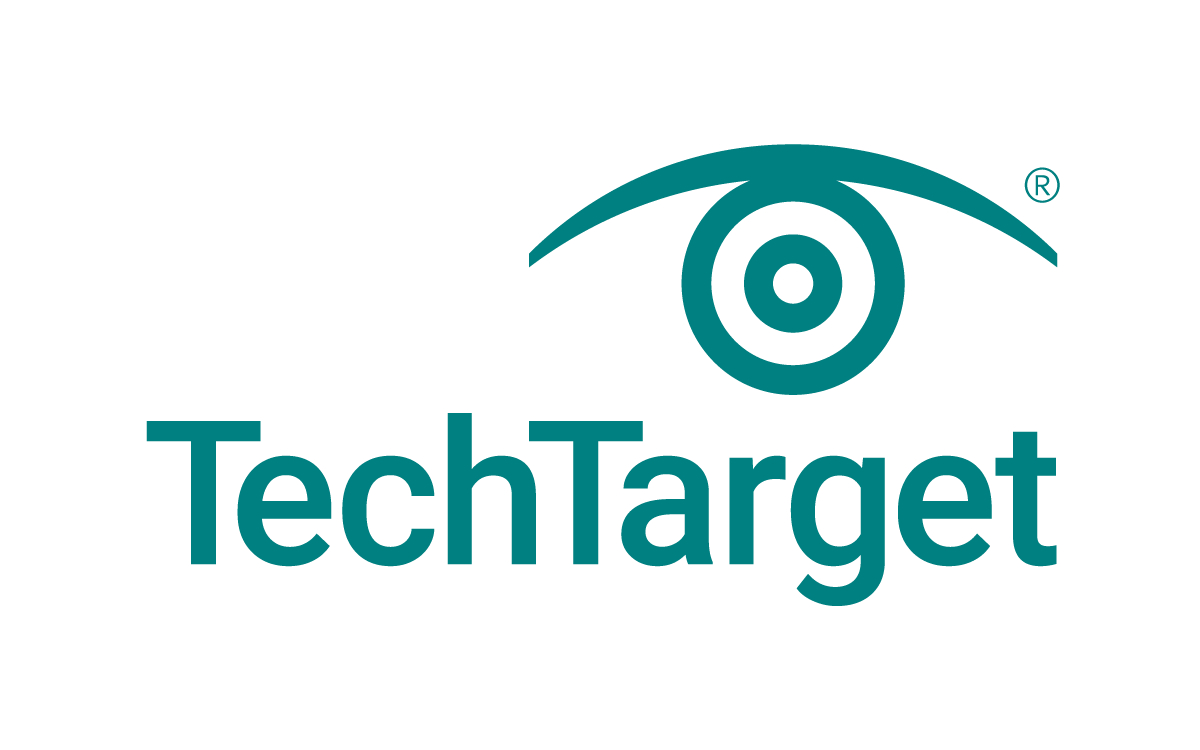
Editor's Note A mixed reality navigation (MRN) system for neurosurgery achieved performance comparable to traditional optical navigation (TON) in certain clinical scenarios, while significantly reducing equipment costs, according to an August 1 study published in BMC Surgery. The MRN system, built around a Microsoft HoloLens headset and infrared tracking tools,…

Editor's Note Nearly half of hospital harm events—particularly surgical events—were not captured by reporting systems, according to a July 30 TechTarget report on new findings from the Office of Inspector General (OIG). The OIG report examined 299 harm events experienced by a nationally representative sample of 770 Medicare patients discharged…

Editor's Note As part of the Centers for Medicare and Medicaid Services (CMS) newly issued 2026 Final Rule, the Transforming Episode Accountability Model (TEAM) will hold hospitals and health systems accountable for the entire episode of care for major surgeries, from admission through 30 days post-discharge. HIT Consultant reported the…

Editor's Note Psychological interventions such as hypnosis, music therapy, and cognitive behavioral therapy (CBT) may reduce acute pain in clinical settings, though statistically significant effects were found only in some studies, according to a July 16 scoping review published in The Journal of PeriAnesthesia Nursing. Hypnosis was the most adaptable…

Editor's Note As we begin National Ambulatory Surgery Center (ASC) Month, we’ve been reflecting on all OR Manager has to offer this critical subset of our audience—and all that is yet to come. First, why celebrate ASCs, and how to get involved? According to the Ambulatory Surgery Center Association…

Editor's Note A recent article from HIT Consultant highlights findings from Incredible Health’s 2025 State of US Nursing & Technicians Report, revealing mounting strain across the nursing and healthcare technician workforce. Reportedly based on insights from more than 1 million professionals, findings include: 71% of nurses report that staffing shortages…

Editor's Note A July 16 study published in BMC Research Notes found that mental fatigue among perioperative nurses is significantly associated with increased rates of missed perioperative nursing care. This cross-sectional study surveyed 385 operating room nurses working in university-affiliated hospitals in East Azerbaijan, Iran. Participants met inclusion criteria related…

Editor's Note A federal judge has ordered the Trump administration to restore health-related webpages and datasets removed under a January executive order, according to a July 29 article in Medscape. The ruling follows a lawsuit by Doctors for America and the city and county of San Francisco, which argued that…

Editor's Note Postoperative delirium significantly worsens outcomes for older adults undergoing major noncardiac surgery, according to research published July 8 in JAMA Network Open. Specifically, findings showed patients who developed postoperative delirium had 3.5 times the odds of death or major complications, 2.8 times the odds of 30-day mortality, and…

Editor's Note Glucagon-like peptide-1 (GLP-1) receptor agonists may offer orthopedic patients with obesity and type 2 diabetes a powerful tool for preoperative weight loss and potential disease modification, according to a July 10 review article in The Journal of Bone and Joint Surgery. However, the agents carry perioperative risks that…